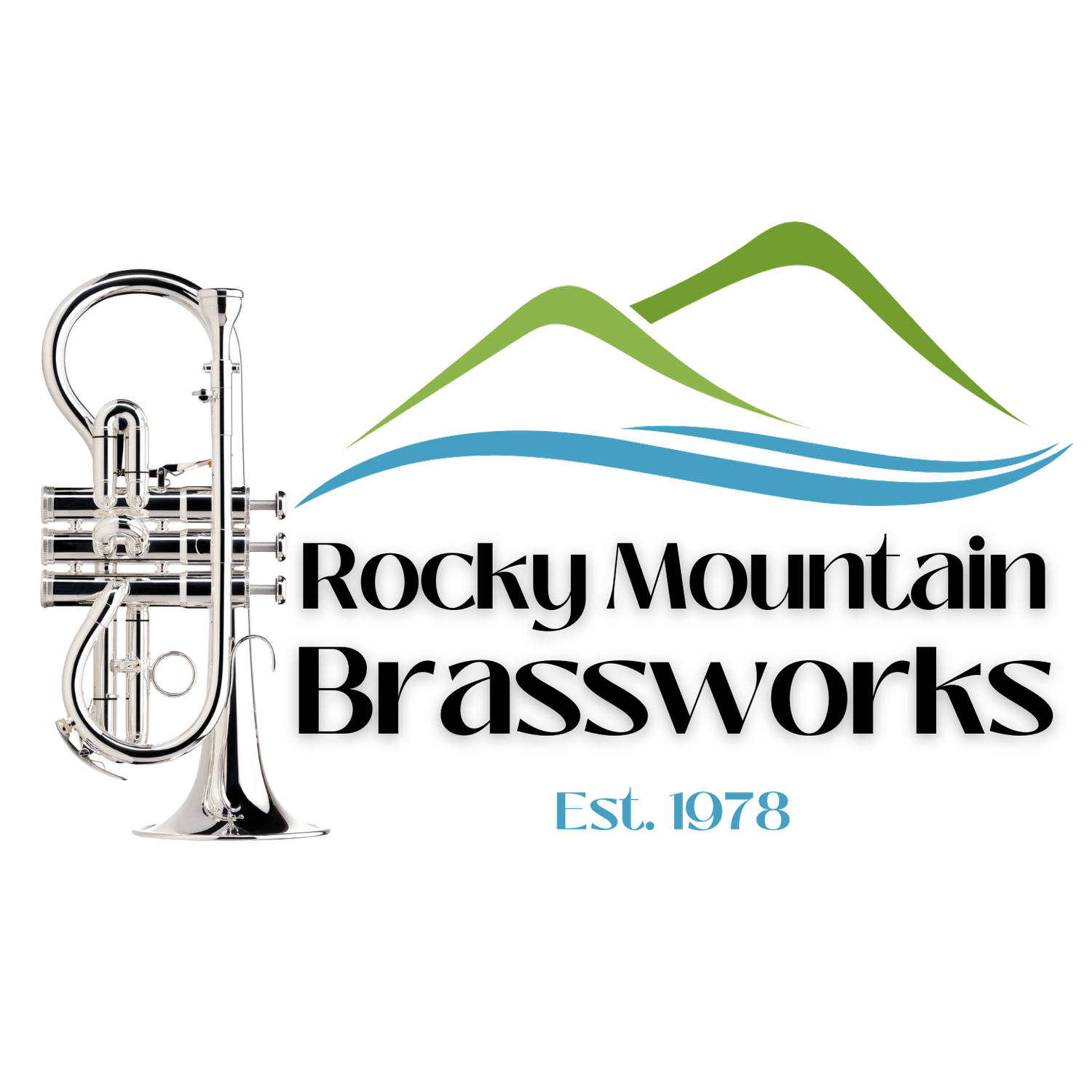Originally published to BrassMusician.com
Stage presence, and the larger issue of representing oneself as an artist, are two things which I think definitely should be covered as part of a musician’s education.
However, this education doesn’t always have to take place in the classroom or teaching studio; tremendous knowledge can also be gained by closely observing other artists and their demeanor both on and off stage. Other bloggers have written wonderfully on this topic (see links at the end of this post), but I thought I’d throw a few of my thoughts into the mix as well. These are simply a few random tips I’ve put together based on my own experience and through watching skilled musicians, actors, and other performing artists.
1) Consider stage presence as a tool for creating more effective performances.
Because we spend a tremendous amount of time and effort perfecting the audible part of our craft, we often neglect the visual component of a performance. Performances not only need to sound good, they need to look good. One activity that I find useful is to think of every action on stage as part of the performance.
This is something singers seem to do more naturally than brass players, and I think we can learn a great deal from studying not only vocalists’ phrasing, but their body language as well. Try to cut down on extraneous motion, and instead try to channel that excess energy into the performance. This can prove quite difficult, especially if certain mannerisms and other idiosyncrasies have become habitually ingrained.
On a personal note, I was inspired to work on improving my own stage presence based on the input of my most trusted friend and confidant – my wife! Ask your friends and colleagues to watch your own performing and evaluate it based not on what they hear, but what they see instead. This can be a very beneficial, if somewhat humbling, process.
2) Let your stage presence be an outward representation of your highest artistic goals.
We’ve all experienced performances where we didn’t feel our best, and maybe even would rather have been doing something else at the time. But the bottom line is that the audience – especially a paying audience – doesn’t care.
They are there to be inspired, entertained, and otherwise lifted out of the humdrum of daily life. Our body language on stage should present our best side to the audience – the part of us that is engaged, energetic, and feels privileged to be there. It may not be how we actually feel at the time, but changing our physical actions often has a positive effect on our emotions.
Try this activity sometime when you aren’t feeling at your best about a performance – imagine that you are a world-famous soloist (take your pick) about to perform on stage in a famous concert hall. What would your body language be? How would you walk out onto that stage in front of thousands of adoring fans? Our brains respond very powerfully to imagery, both positive and negative, and going through a simple exercise like the above can do wonders for our mood and stage presence.
3) Explore some type of study in movement.
One trait that both gifted performers and athletes seem to have is an uncanny awareness of their own bodies and those around them. I highly recommend some kind of movement study for all performers, as it helps us become more aware of our physical actions. I have rarely heard anyone say that studying the Alexander Technique, Feldenkrais Method, Creative Motion, Dalcroze Eurhythmics, etc. had a negative effect on their performing.
4) Observe other artists and their stage presence.
We listen to recordings of great artists for inspiration and ideas, so why shouldn’t we try to learn from their stage presence as well?
I wouldn’t suggest that someone try to copy the stage presence of a well-known soloist anymore than I would suggest that they try to sound exactly like that soloist, but I think it is incredibly important to take note of those things we would like to emulate in our own performances. There is no need to name names – there are plenty of amazing performers out there to watch – and with YouTube, streaming concert videos, and DVD recordings, we can review performances as many times as we want.
5) Use autogenic phrases prior to going on stage.
The moments right before we walk on stage can be very powerful, depending on how we use them. Try coming up with a few words or some short phrases which sum up the excitement and joy of performing for you, and say them out loud right before you walk out on stage. If you don’t feel like saying them out loud just write or type them on a card and look at them before you enter the stage.
If you don’t think it will break your concentration too much, you can also experiment with thinking of a humorous moment or word to help lighten the mood. We take what we do very seriously – as we should – but the reality is that playing the horn isn’t brain surgery or rocket science. Sometimes it’s nice to have a brief reminder that the fate of the world doesn’t hinge on our performances.
